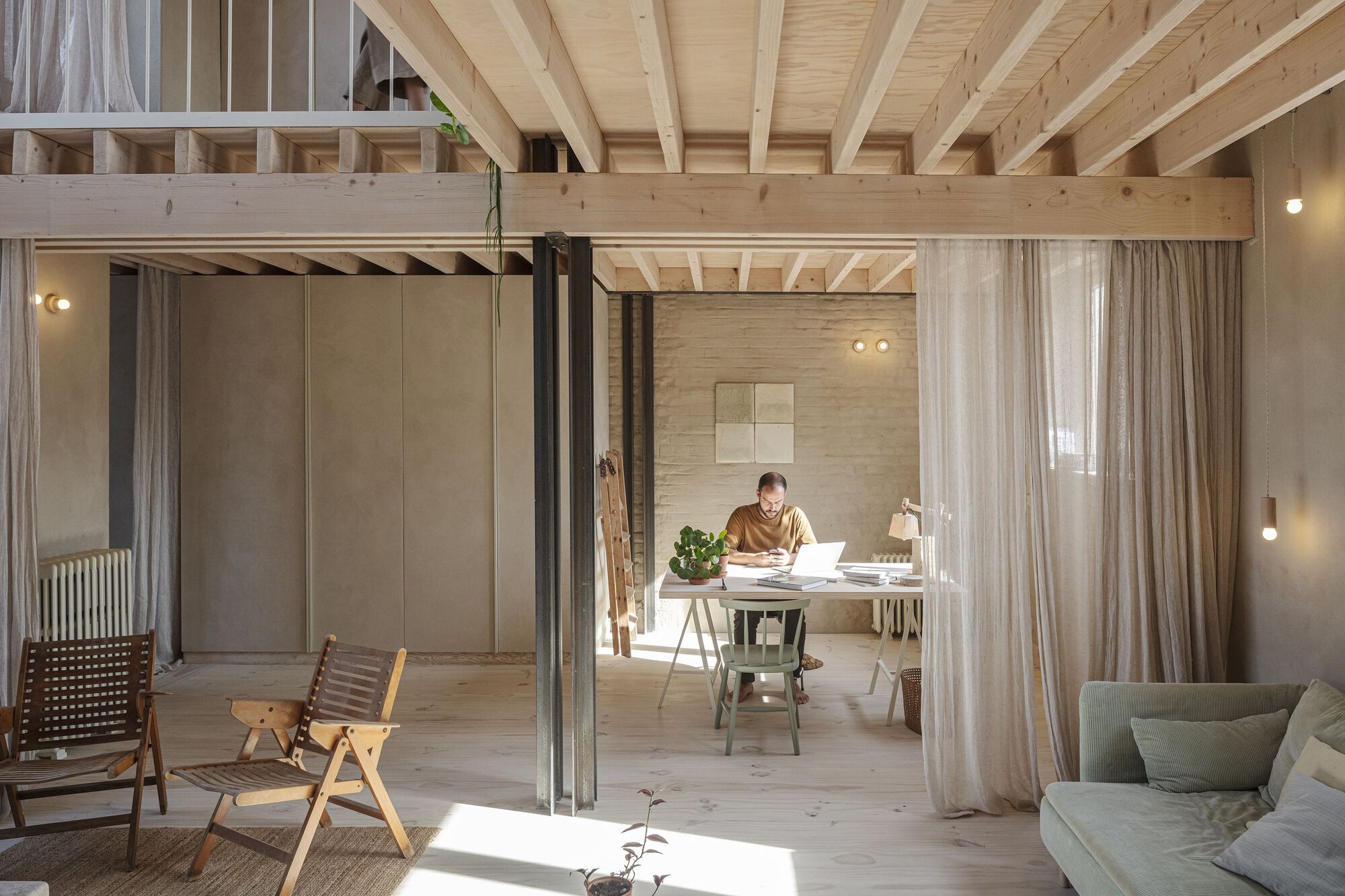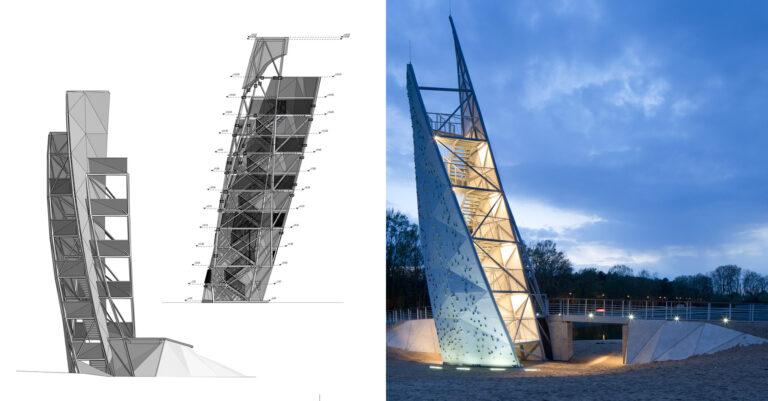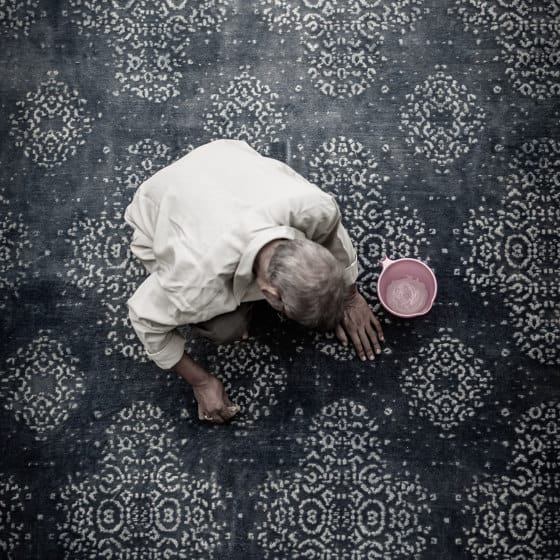Karper Building Renovation / hé! architectuur + buro kiss + EA+







Text description provided by the architects. The renovation involves the conversion of an industrial building into housing with a coworking space and studio on the ground floor. It is an upside-down home with the living spaces all the way upstairs to provide maximum light and privacy.




Urban dense site – The plot is located in a dense urban network of workshops and industrial sites. Expanding in height is a logical step to respond to a current problem: how to densify the city, create enough housing for a growing population, and still maintain as many green areas in the city as possible. Since the eaves were much lower than those of the neighbors, we had the opportunity to use our roof as a low-cost building site and put a new building on an old building. The new facade retakes the detailing of the historical masonry of the existing facade in a more rational way, in white brick.

3 key principles within circular building are central to this project: 1. Flexibility – The flexible and open plan allows spaces to be used in multiple ways and change function in the future. The coworking space was designed so that in a later phase it can easily be transformed into a store or showroom for the Tenue de Ville design studio. The small studios are also designed in such a way that they can be transformed into an extension of the family home at a later stage.


2. Regenerative – Regenerative materials are used. These are materials with a longer cycle. *Wood, hemp, straw,…(bio-based, biodegradable, and renewable. They absorb CO2 as they grow). *Earth and loam (geo-based, they are abundant and can be reused infinitely). *Reused materials (2nd, 3rd, 4th,… hands materials). The outer shell of the new roof volume will be realized in prefabricated wooden cassettes and filled in with straw bales, taken from a nearby farm. The existing facades are insulated with lime hemp blocks. A mixture of sand and clay, from the Brussels earth-moving industry, is used as plaster. Existing elements such as floors, joinery, stairs, tiles,… are revalued and supplemented with reclaimed materials. With this project, we want to show that building in back-to-basics materials such as straw, loam, and wood is not only for a rural context but can also be applied in an urban environment.

3. Dismountable, simple & repetitive – The open and legible inner structure is perfectly demountable due to its specific assembly (composite columns and beams with loose bolted connections). If broken down, they are easily reused. The number of materials are kept to a minimum and low-tech details or principles are repeated. It is an architecture that is understandable to all and therefore easily adaptable.








